PH and Transplant Strengthened a Brotherly Bond
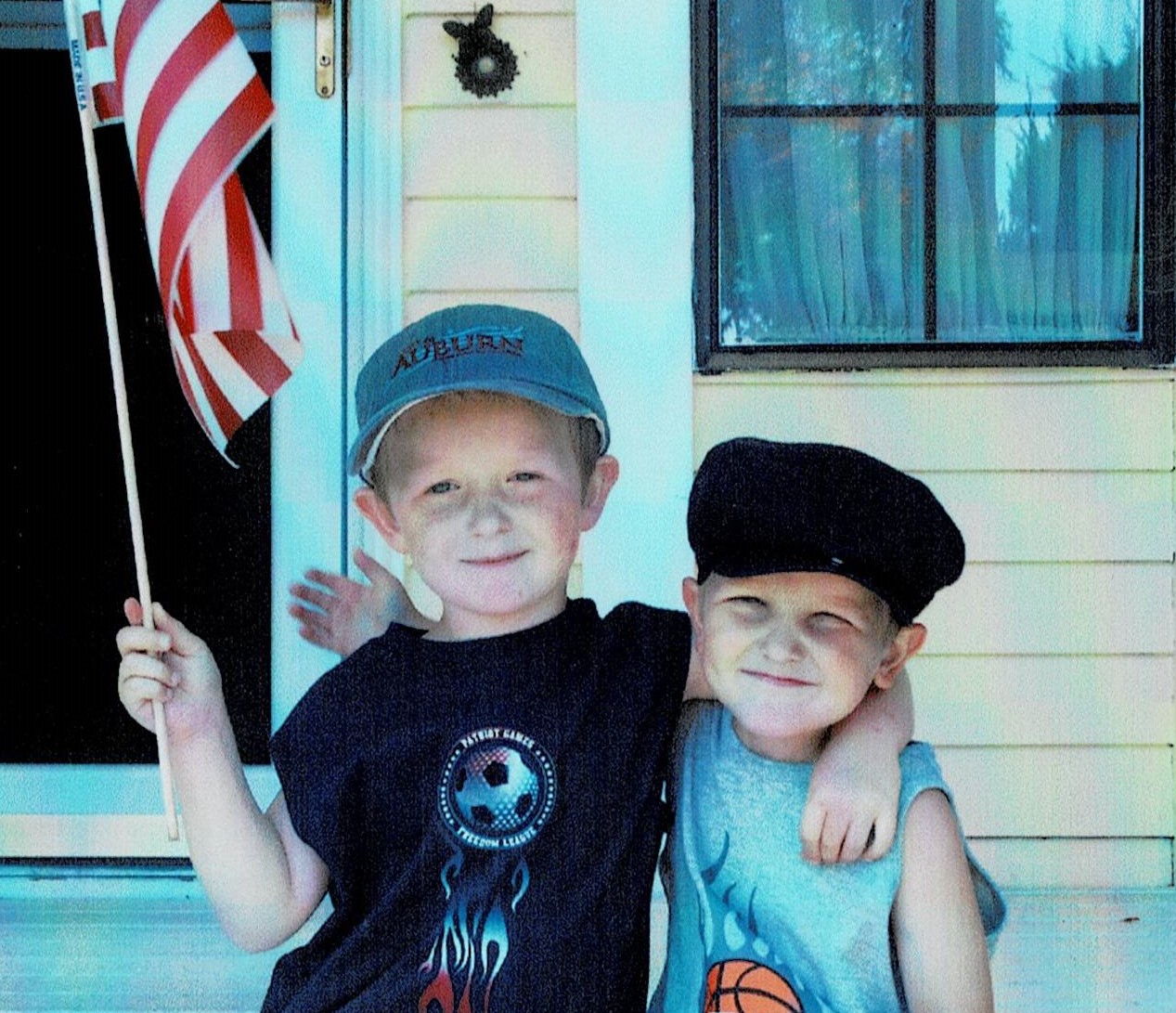
Cullen and Aidan, 4th of July 2004 (Before PH) (Courtesy of Colleen Steele)
My sons are 13 months apart and affectionately referred to as “Irish twins.”
Cullen is 21, and Aidan just turned 20. My husband and I hoped that having them close in age would foster a close friendship for life. But different personalities and a rare disease placed a gap between them that sometimes challenged their brotherly bond.
Cullen has always been reserved and cautious. As a child, he would attempt things only if his brother tried them first. Aidan would jump and then worry about where he might land.
What they had in common was a competitive nature and athletic ability. Playing sports fed their sibling rivalry, until pulmonary arterial hypertension entered their lives and changed everything.
Cullen was diagnosed with severe idiopathic PH at 8 and immediately started treatments, including continuous intravenous Flolan (epoprostenol GM). His days of playing sports ended abruptly. Practices were replaced with doctors’ appointments, and right-heart catheterizations were his game days. At 14, he bumped up to the big league and received a heart and double-lung transplant.
Aidan’s life dramatically changed, too. He made sacrifices while his dad and I focused a great deal on his brother’s health. Having a brother with a life-threatening illness was hard on him, which I wrote more about in a previous column.
Cullen is now six years post-transplant, and the boys are young adults who have matured into that close bond we had hoped for. I asked them to share some of what they have been through together that helped strengthen their relationship.
I was sad to hear they both have limited recollection of life before PH. Much of what they remember begins with this life-altering disease.
Aidan was the class clown in grade school. What stands out in his mind is being sent to the principal’s office and seeing his brother there, taking his medication or changing the ice packs that kept his Flolan cartridge cold.
But it was the way people always looked at his brother that bothered Aidan most. He said if he caught someone staring, he would stare back at them. I remember this being an issue, and Cullen would often ask Aidan, “I don’t care, so why do you?” It’s because Aidan was, and always will be, protective of his brother.
When I asked Aidan how he helps his brother as a post-transplant adult, he responded, “There isn’t a lot I can do to help him.” But that is not true, he just never expects recognition for his efforts. Not once, but twice this year, Aidan drove Cullen and me to the emergency room, despite having just finished a day of classes and a long shift at work.
Because of the pandemic, Aidan couldn’t go in with us. Instead of returning home, he insisted on sitting in the car for over eight hours, both times, in case we needed him.
One of Aidan’s happiest memories was seeing his brother after transplant looking healthy and happy. But possible health concerns down the road continue to worry Aidan, along with how he might respond to them.
Aidan acknowledged that their relationship has changed over the years. “There was a time we couldn’t be in the same room without him freaking out and throwing something at me,” Aidan recalled.
On a positive note, he added, “We are both older now and realize that family is something you need, and it’s important to spend time with them.”
Throughout his PH years, Cullen was concerned that Aidan would feel forgotten or left out. Cullen didn’t really like Aidan hanging out with Cullen’s friends, but regardless, he would occasionally include Aidan in games and try to keep him in the loop about his health.
Cullen’s biggest wish for Aidan is that he find something he enjoys and pursue it. “He is healthy and can do whatever he wants in life and should make the most of that,” Cullen said.
Cullen doesn’t want Aidan to feel stuck worrying about him forever. Immunosuppressants have caused kidney disease, which means another transplant might be in the cards for Cullen. He doesn’t want his brother jumping at the chance to offer him a kidney.
“I don’t want Aidan to doom himself to the same kind of life I have when he could live a full life doing whatever he wants,” Cullen said.
Cullen’s advice to parents: “Your child with PH requires a lot of attention, but don’t forget about the siblings. Take them out to a movie or a special lunch. Praise them for a report card. Do whatever you can to make sure they don’t feel forgotten.”
Aidan’s advice to siblings like him: “Do your part to help your family however you can. PH and transplant are not something someone can go through alone. Try your best to take the pressure off the backs of others.”
***
Note: Pulmonary Hypertension News is strictly a news and information website about the disease. It does not provide medical advice, diagnosis, or treatment. This content is not intended to be a substitute for professional medical advice, diagnosis, or treatment. Always seek the advice of your physician or other qualified health provider with any questions you may have regarding a medical condition. Never disregard professional medical advice or delay in seeking it because of something you have read on this website. The opinions expressed in this column are not those of Pulmonary Hypertension News or its parent company, Bionews, and are intended to spark discussion about issues pertaining to pulmonary hypertension.




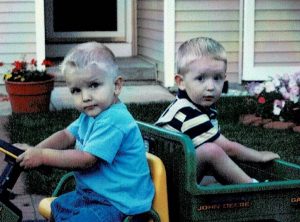
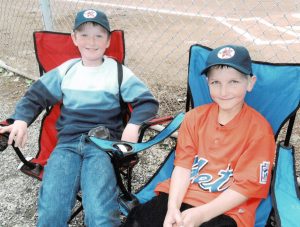
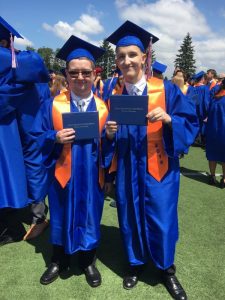

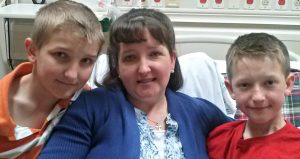
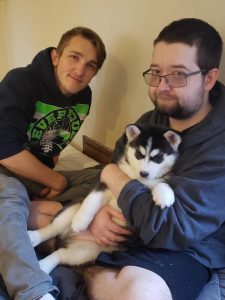




Leave a comment
Fill in the required fields to post. Your email address will not be published.